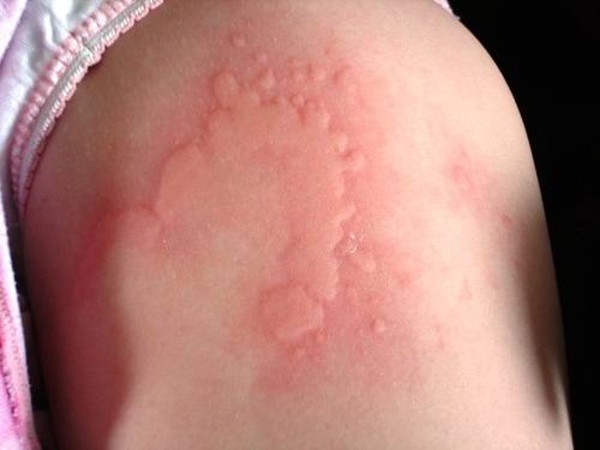Introduction
The wide spread of allergy across the globe has made it necessary for advanced treatment methods to be sought. Although traditional treatment methods are still in use widely, they have been enhanced and are indeed very effective in treating different types of allergic reactions. Most of the treatment methods in use can actually be used to prevent allergy, especially in case of seasonal allergy.

Topical Decongestants
Topical decongestants are the basic allergy treatments available. They are usually prescribed for little babies as young as six months. They are very effective in combating nasal congestion. Their use however is restricted to a few days as continued use can cause further nasal congestion.
Nasal Sprays
Nasal sprays are the other basic allergic reaction treatment available. Two types are available; anti-cholinergic and anti-histamine nasal sprays. Anti-cholinergic nasal sprays are usually prescribed for children five years and under. These are very effective in treating mild allergies. Anti-histamine nasal sprays are usually prescribed for children above five years. Anti-histamines are very effective in treating allergic and non-allergic symptoms associated with rhinitis.
Oral Decongestants
Like with the previous ones, oral decongestants are mainly prescribed for children. They may either or not contain anti-histamines. They are very effective in combating congestion in the nasal cavity. They however have side effects, which include headaches, rapid heart rate, nervousness and insomnia.
Topical Nasal Steroids
Topical nasal steroids are very effective in treating allergies that affect the nasal cavity in children, in addition to non-allergic rhinitis. They are the most widely used for their positive effect of eliminating sneezing, nasal congestion, itchy nose and runny nose, amongst others.
Oral Anti-histamines
Oral anti-histamines are widely used by both mature children and adults in combating common allergy symptoms. They are very effective in treating running nose, itchy ears, nose and eyes. They are highly recommended because they have very few side effects that are otherwise mild.
Leukkotriene Blockers
Initially intended to be used in treating asthma, these blockers are very effective in combating nasal congestion especially in children. They are however not very effective as oral anti-histamines.
Immunotherapy
Otherwise referred to as allergy shots, immunotherapy has been found to be effective both in children and adults. Immunotherapy has particularly been found to greatly minimize chances of children developing allergic rhinitis.
Topical Applications
Allergic topical applications include creams and ointments specially formulated to treat allergic symptoms that occur on the skin. Formulations are available both for children and adults.
Natural remedies
Apart from conventional treatment methods, there are various natural allergy treatments that are very effective in treating both allergies and resultant symptoms. Such herbs as butterbur, nettle and goldenseal are widely available. These herbs are also available in supplement form.
It must be emphasized that although there various allergy treatments available, prevention is usually the best way to go, especially in case of children and young babies. Allergy symptoms can be very overwhelming for the young and it is good that they are protected. Self medication is another issue very common. The fact that allergy symptoms resemble those presented by other medical conditions makes it very necessary that a physician be consulted for correct diagnosis and appropriate treatment.
Simon Parker works for one of the largest manufacturers of hypoallergenic shampoo for adults (interesting to know is that the Danish term is Allergivenlig shampoo til voksne) in Denmark – Neutral. He is sharing his great tips in various health blogs online.


Avoiding the allergens is the best treatment for allergic rhinitis. Consult first your doctor before taking any medicines.